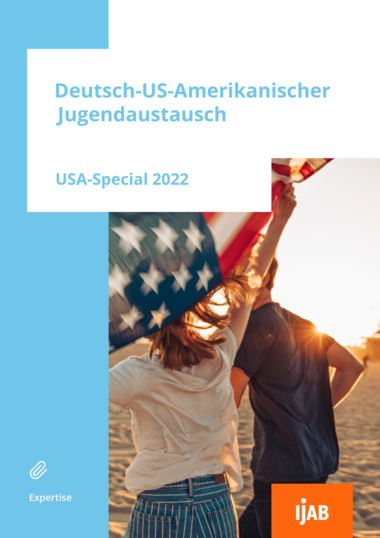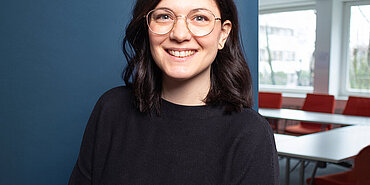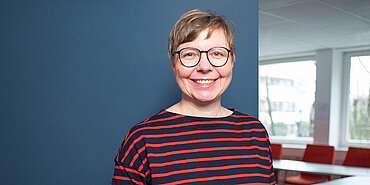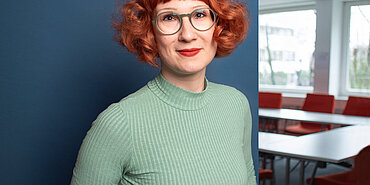Who, when, what? Background information about the workcamps
Kolping JGD have been offering workcamps in the US for over 20 years. The workcamps in Los Angeles and San Diego were initiated by a project partner who had been transferred from Uganda to the US. As a pastor, he knew lots of people in the community. He reached out to projects and host families and initially supervised the groups himself. We’re currently working with the St. Francis Center in Los Angeles which looks after homeless people, for example by making breakfast and handing out food parcels. The partnership has worked really well so far. The volunteers and project partners are both very happy with the arrangement. The US workcamps are in high demand and take place up to three times a year. They are supported by Federal Child and Youth Plan funds and contributions from participants.
Getting to know a “cool” country, but also serving the community
Young people’s interest in volunteering, and at the same time improving their English and getting to know the country better, is what led to the establishment of the workcamps in the US. The program targets 16 to 26-year-olds who can speak English, in other words high school and college students and trainees or apprentices. First and foremost, of course, they want to experience the US they are familiar with from the media: a “cool“ country with interesting people and vast landscapes with lots of beautiful national parks. The fact that they also have to deal with social problems and can work in these areas and learn things that are important for their own lives, is what makes workcamps here so interesting for them.
Same same but different – What makes collaboration with the US so special?
Getting to know a culture that inspires younger generations, a culture that seems so similar and yet is very different to their own, is an exciting experience for young people. No special subjects are planned. Discussions about capitalism and its advantages and disadvantages come quite naturally. Compared to our other workcamps, which take place mostly in the Global South, the standard of living in the US is much higher, so it’s shocking to see how many people in the US live in poverty and how quickly they can fall through the social safety net. We usually associate Los Angeles with wealth, Hollywood and movie stars, so it is all the more disturbing to see people living in tents on streets right in the middle of L. A.



















